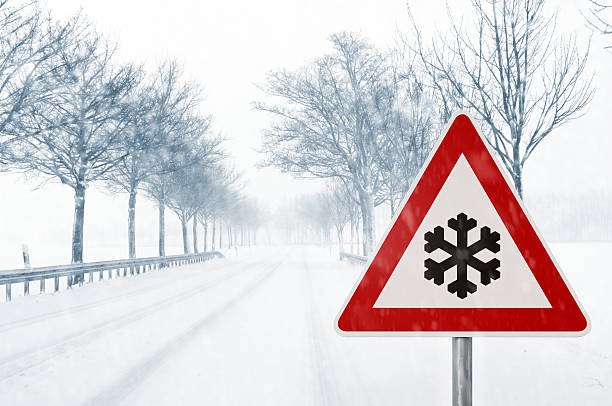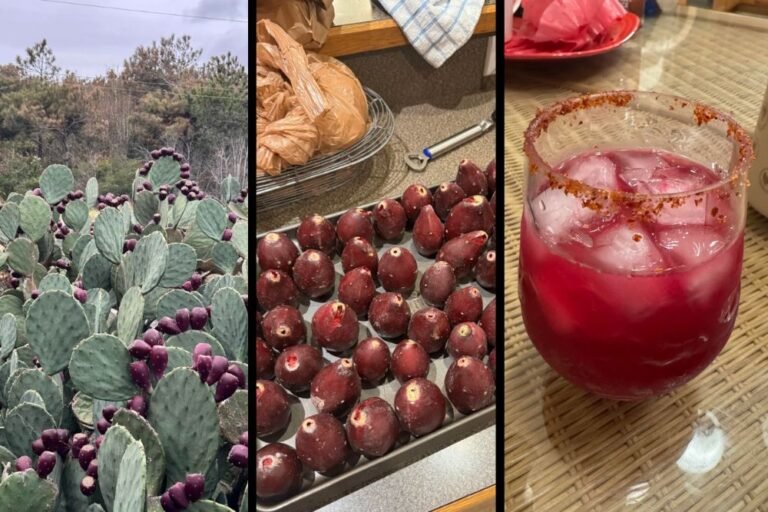Triple-Digit Heat Driving Pests Indoors Across North Carolina
CHARLOTTE, N.C. – As temperatures climb into the triple digits this weekend, pest control experts across North Carolina are seeing a surge in calls from homeowners reporting unwelcome visitors—of the insect variety.
Economy Exterminators, a local pest control company operating for decades in Charlotte, says the extreme heat is forcing pests indoors in search of food, water, and shelter.
“It goes from getting maybe 10 calls in January or February to 70, 80, even 100 calls a day,” said Robert Dyson, branch manager at Economy Exterminators.
Heat Wave Triggering Insect Surges
North Carolina is bracing for several days with temperatures at or above 100°F, and experts say that kind of heat accelerates insect movement.
“Insects respond to heat a lot like humans,” Dyson explained. “When their natural resources outside—especially water—become limited, they migrate into cooler, more humid places like homes.”
Common culprits during these heatwaves include:
- Ants
- Spiders
- Mosquitoes
- Roaches
- Hornets and Yellow Jackets
Termite swarmers have also been triggered by the recent heat spikes, posing a longer-term concern for wood-framed structures.
How Homeowners Can Protect Their Homes
While exterminators are busy spraying outdoor-safe chemicals that can withstand both heat and rain, Dyson says prevention starts with awareness.
Tips for homeowners to reduce indoor pest invasions:
- Seal entry points: Close gaps around doors, windows, and pipes.
- Remove outdoor clutter: Wood piles, leaf debris, or stacked items near exterior walls create nesting zones.
- Eliminate standing water: This is especially important to deter mosquitoes.
- Keep food sealed and trash covered: Even small food crumbs can attract ants and roaches.
“If you’ve got things like wood piles or leaf debris near your house, those are breeding areas. It just makes it easier for bugs to get inside,” Dyson noted.
Increased Demand Across the State
The heat-driven insect migration isn’t limited to Charlotte. Pest control companies across North Carolina are reporting longer service wait times and the need for more frequent treatments, especially as mosquito populations thrive in the current climate.
Crews typically spend 30 to 45 minutes per treatment, applying environmentally resilient products designed to keep insects out even after storms and extreme temperatures.
Stay Proactive as Heat Persists
With this heat wave forecasted to continue into early next week, residents are advised to stay ahead of pest issues before infestations worsen.
“Summers like this are extreme. Insects are just trying to survive—but so are we,” said Dyson.
What do you do to keep bugs out of your home during heat waves? Share your go-to tips with us at SaludaStandard-Sentinel.com.







